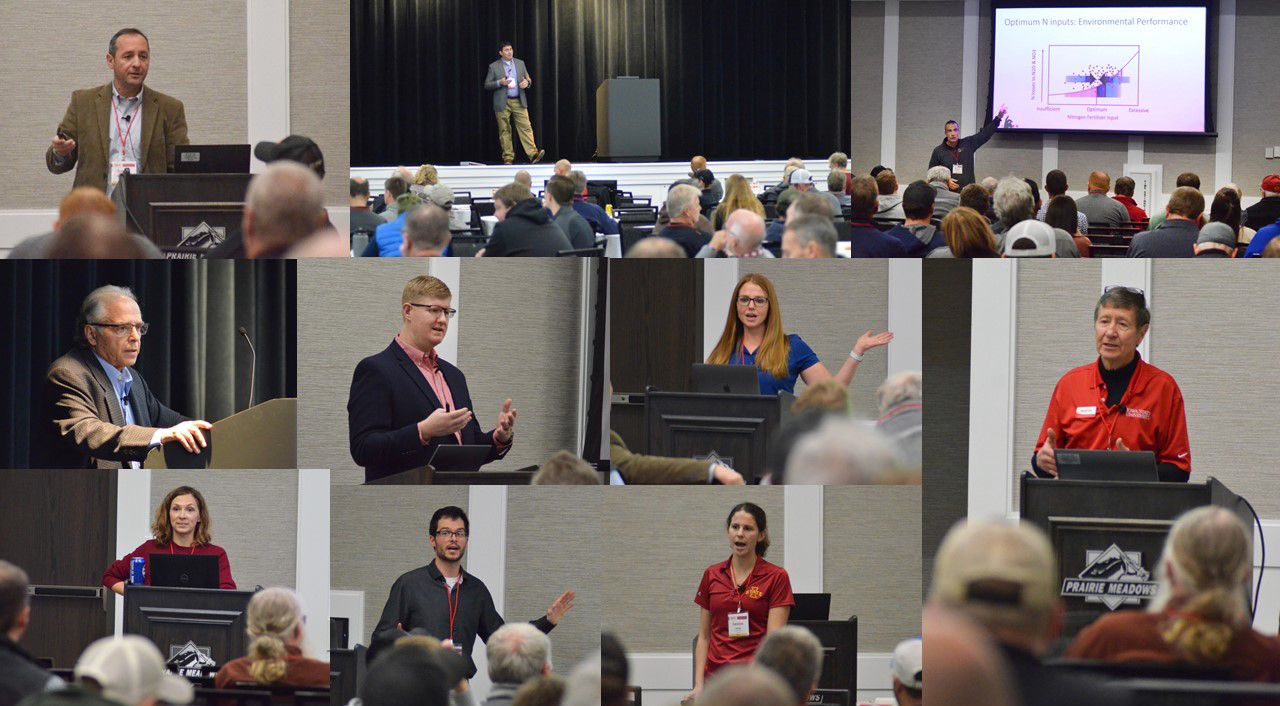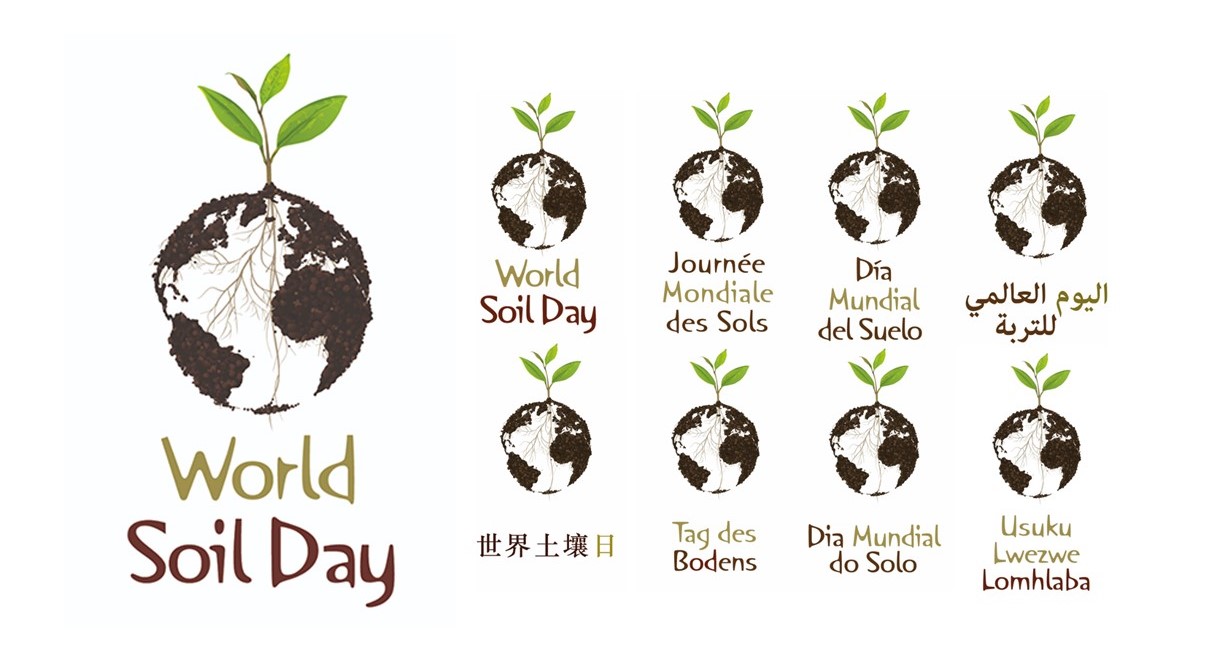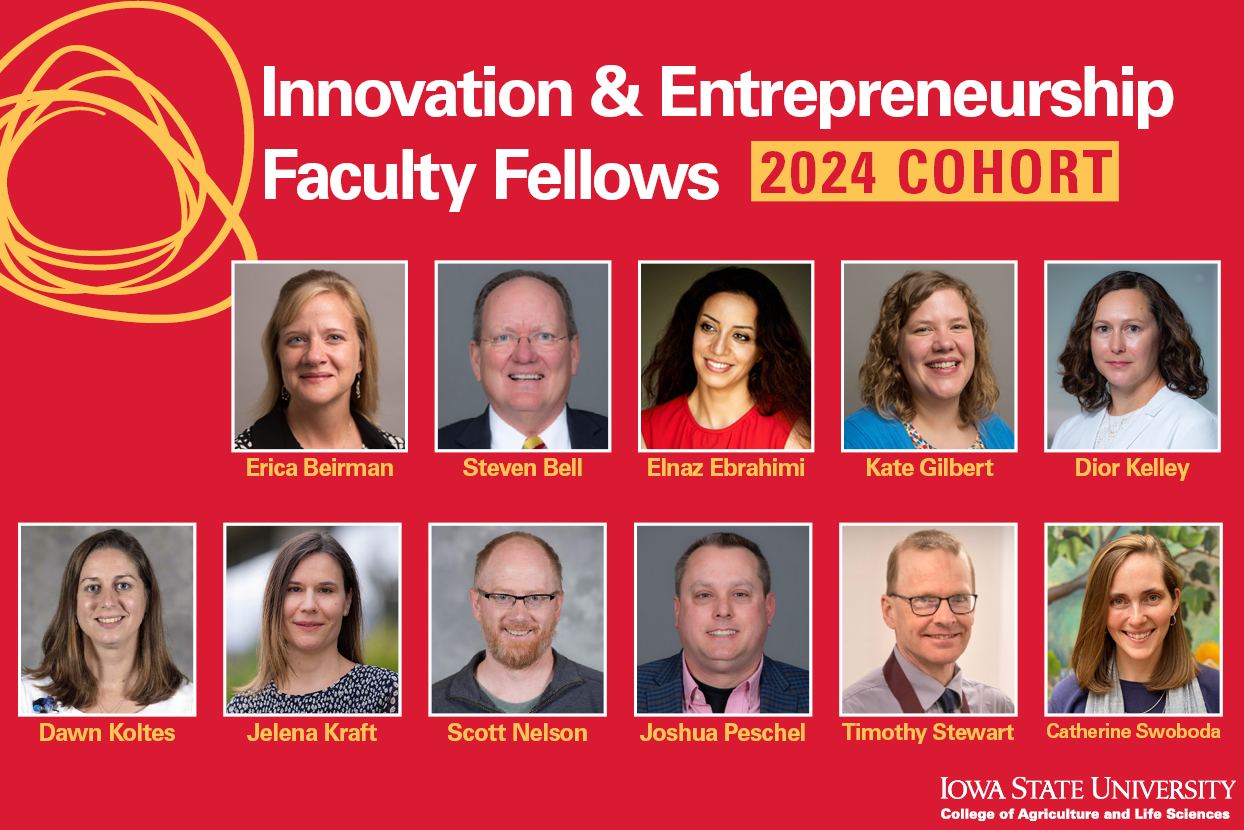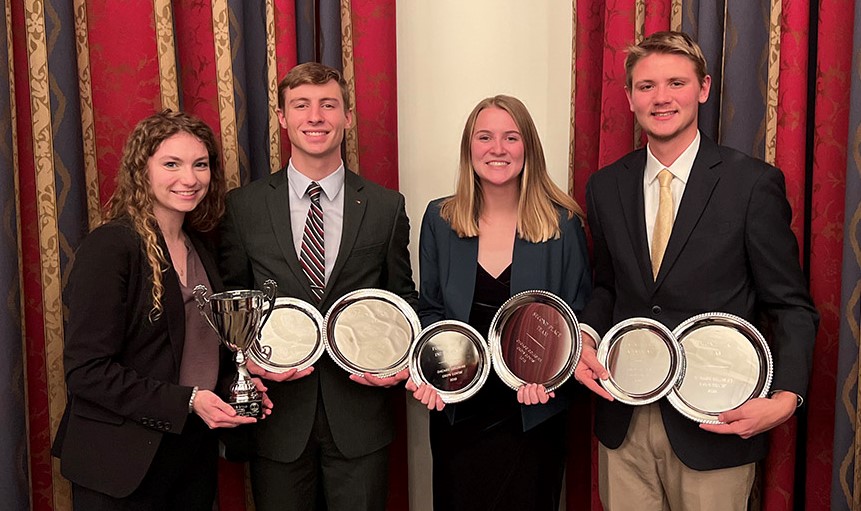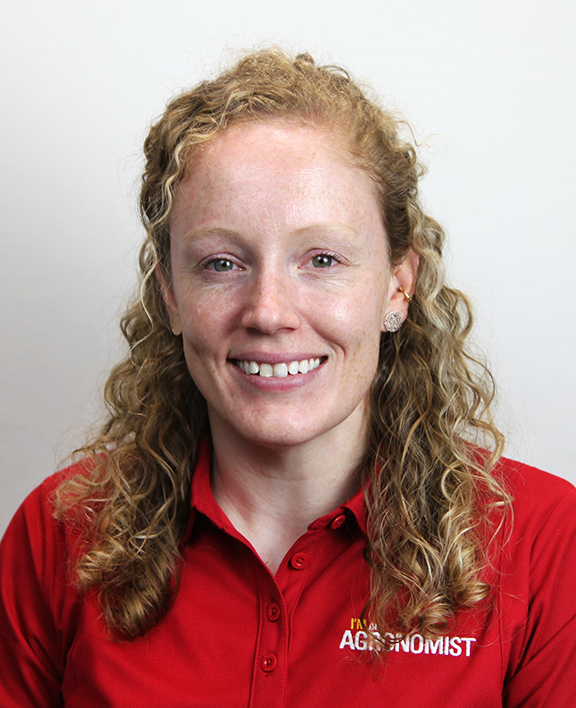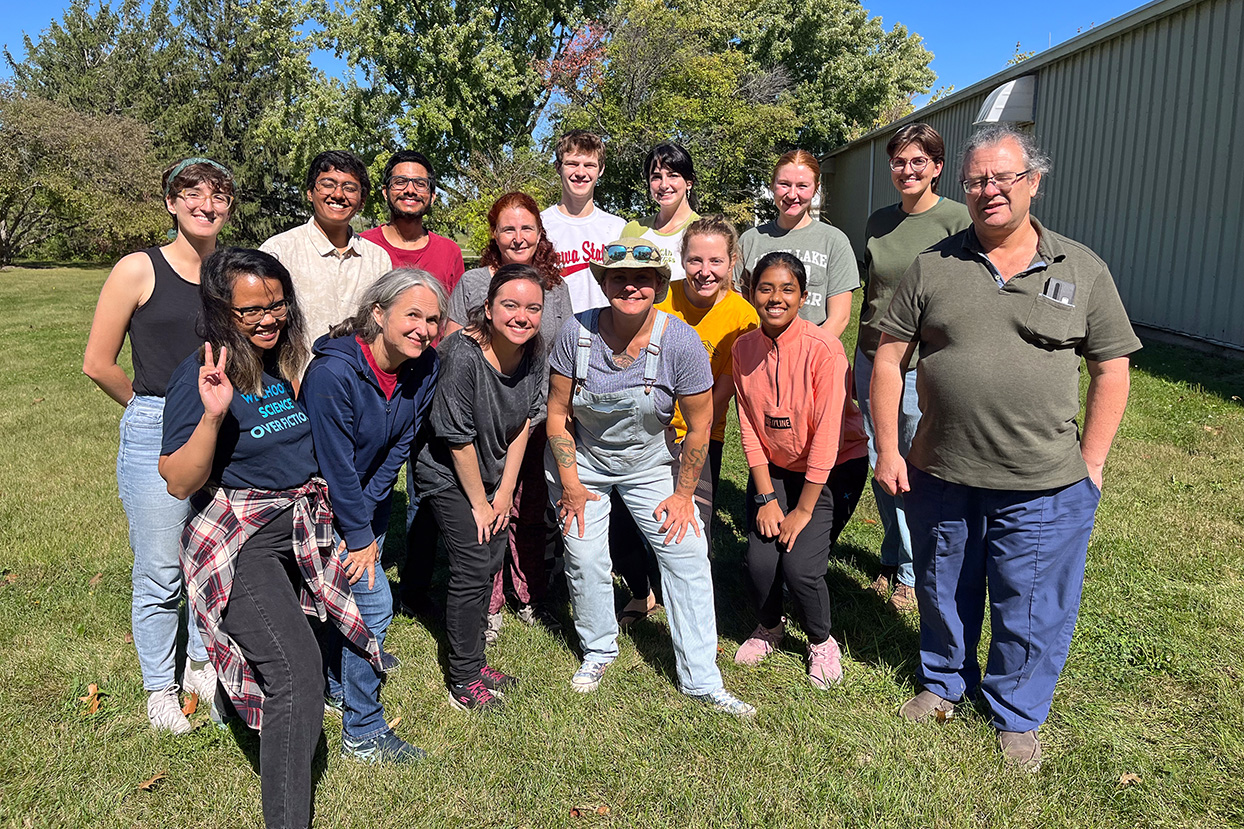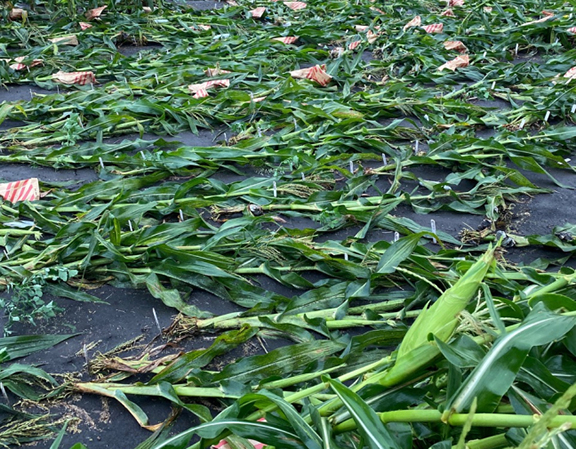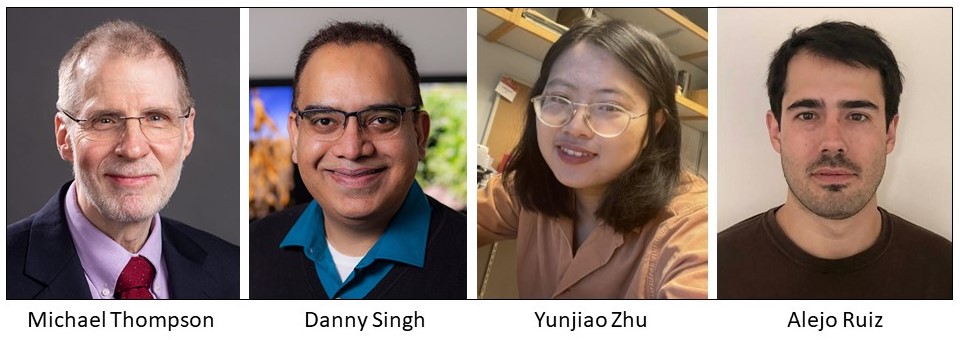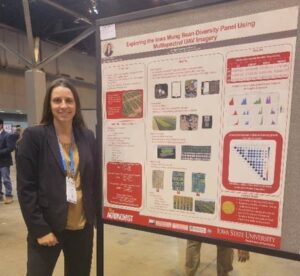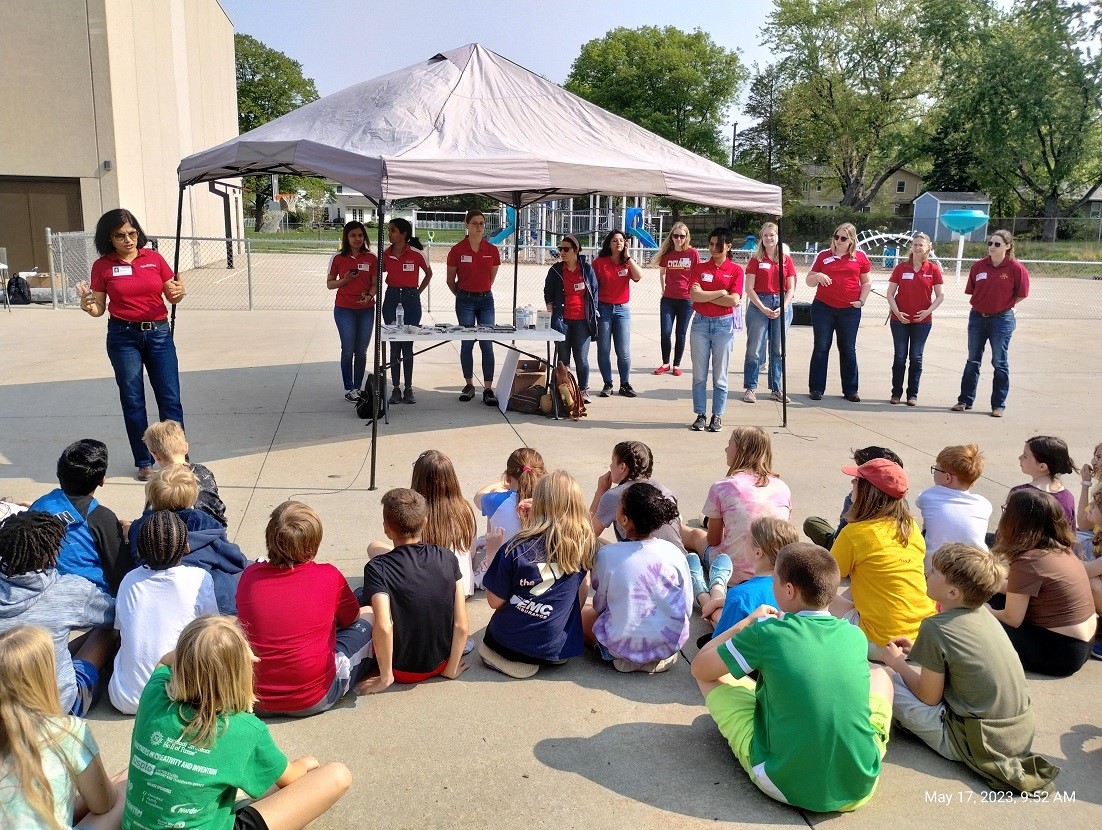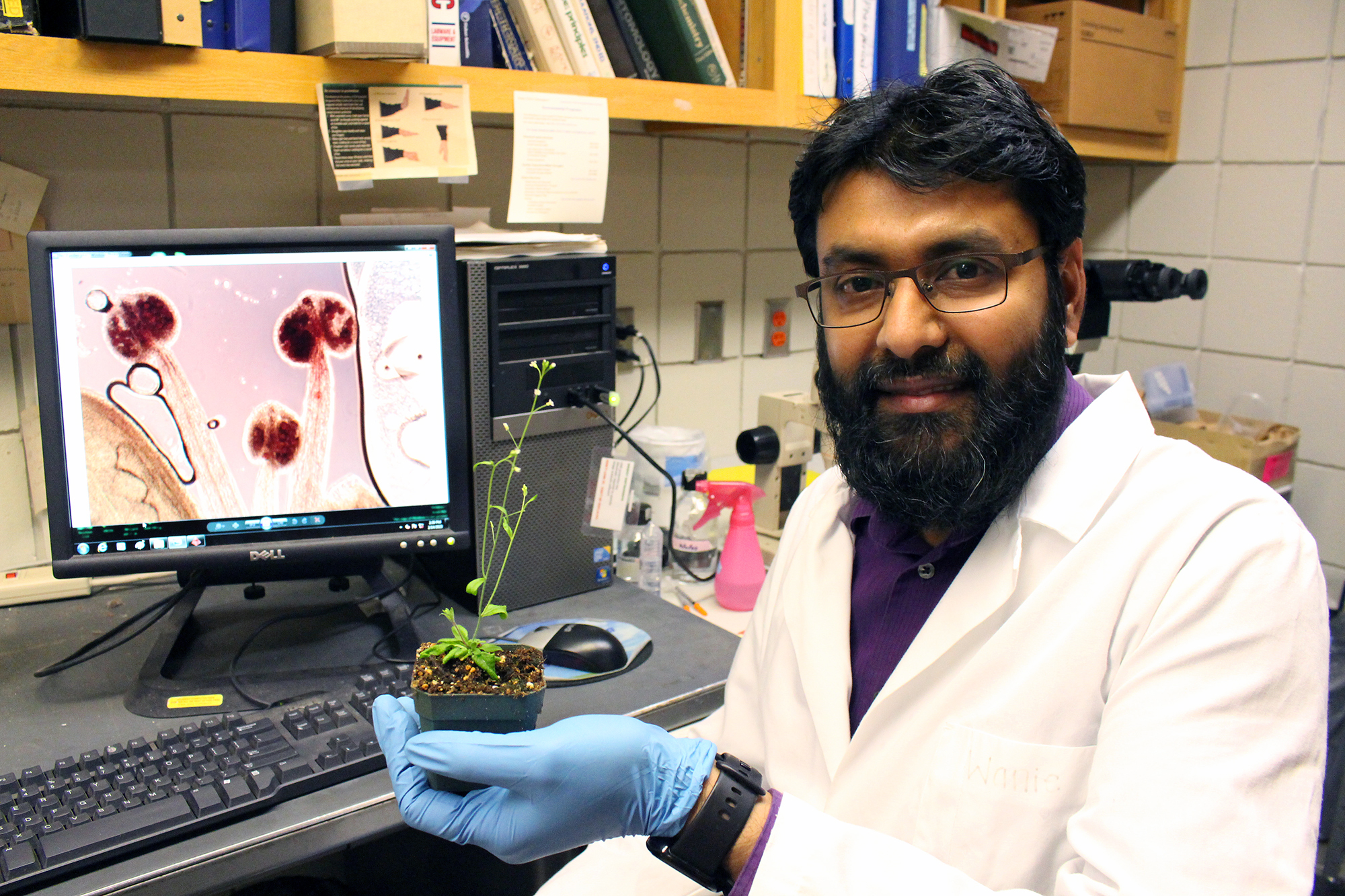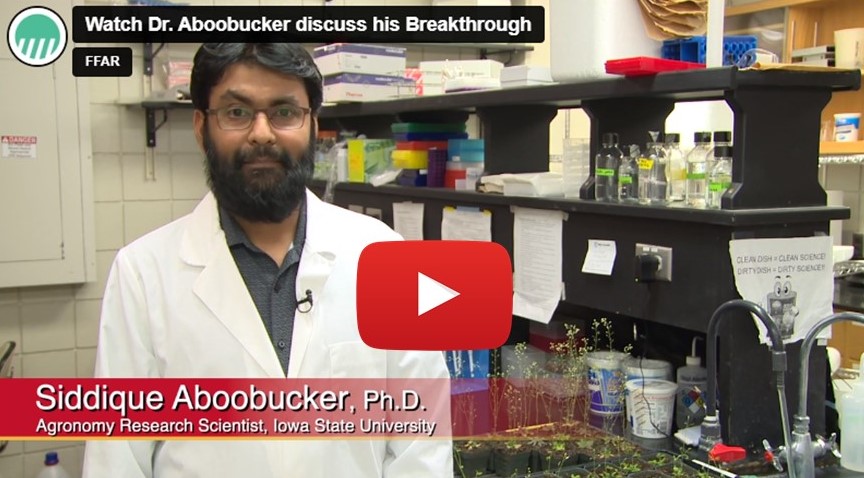AMES, Iowa — Asheesh “Danny” Singh, professor of agronomy with expertise in soybean breeding and phenomics at Iowa State University, has joined the Iowa Soybean Research Center (ISRC) as a co-director. He holds a courtesy appointment in the Department of Agricultural and Biosystems Engineering.
“Danny is the perfect person to join me in leading the ISRC,” said founding director Greg Tylka. “I look forward to working shoulder to shoulder with him to advance the center to greater heights and in new dimensions.”
Singh’s addition highlights the long-term commitment on the part of Iowa State University in its support of soybean research. With the addition of Singh, and in honor of the ISRC’s 10-year anniversary in July, the co-directors will work together to expand the research and educational activities of the center while maintaining a focus on soybean production research.
“Danny and Greg are a great team. They encourage research in all that they do, so it’s a very natural fit for these two to lead the ISRC into the next decade together,” said Associate Dean for Research and Discovery Carolyn Lawrence-Dill.
“I embrace this new role with humility and determination,” Singh said. “I look forward to working with Dr. Tylka, the Iowa Soybean Association, and industry partners to improve soybean production and profitability in a coordinated manner. I look forward to learning from the ISRC staff and helping foster increased collaboration among the ISRC-affiliated faculty members and their teams.”
“The Iowa Soybean Association looks forward to continuing our partnership with ISRC, building upon the successes of the past decade with Danny and Greg in this newly formed co-directorship,” said Iowa Soybean Association Chief Officer of Research and Conservation Christie Wiebbecke, who also serves as the ISRC’s Industry Advisory Council Chair.
Singh joined Iowa State University in 2013 as a faculty member in agronomy and has been an affiliate of the ISRC since its inception in 2014. He has published over 160 peer-reviewed papers, authored a textbook on plant breeding, and developed more than 70 varieties grown on more than 10 million acres annually. He has delivered 75 invited presentations nationally and internationally. He has received ISRC funding on two collaborative projects, one focused on soybean root and microbiome traits, and the second on the effects of increased CO2 and abiotic stress on soybeans.
In 2023, Singh was appointed G.F. Sprague Chair by Iowa State’s Department of Agronomy and named a Crop Science Society of America Fellow. He serves as an associate chair for Discovery and Research of the university’s Department of Agronomy and provides leadership to the Soynomics research group, which received the College of Agriculture and Life Sciences Team Award. In 2021, Singh received the ISU’s Mid-Career Achievement in Research Award and the department of Agronomy’s Raymond and Mary Baker Agronomic Excellence Award.
About the Iowa Soybean Research Center
The Iowa Soybean Research Center was established in 2014 by Iowa State University in partnership with the Iowa Soybean Association. The center was founded to increase soybean production and profitability for Iowa farmers through coordinated research efforts involving Iowa State, the Iowa Soybean Association and the private sector. Information on becoming an industry partner of the Iowa Soybean Research Center is available by contacting center director Greg Tylka, 515-294-0878, or ISRC@iastate.edu.
Above photo: From left, ISRC Co-directors Greg Tylka and Asheesh “Danny” Singh and Iowa Soybean Association’s Christie Wiebbecke, who serves as the ISRC’s Industry Advisory Council Chair.
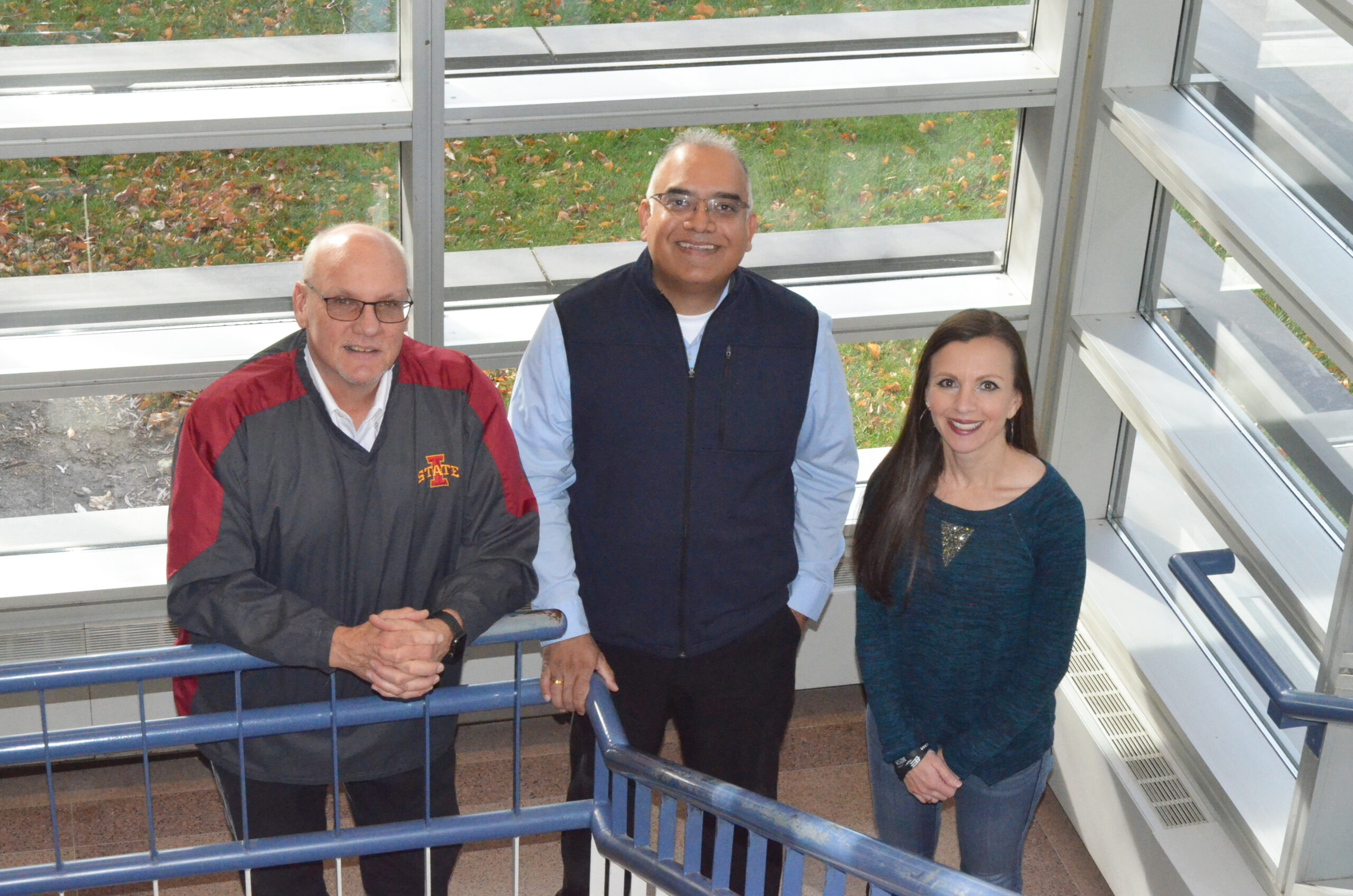
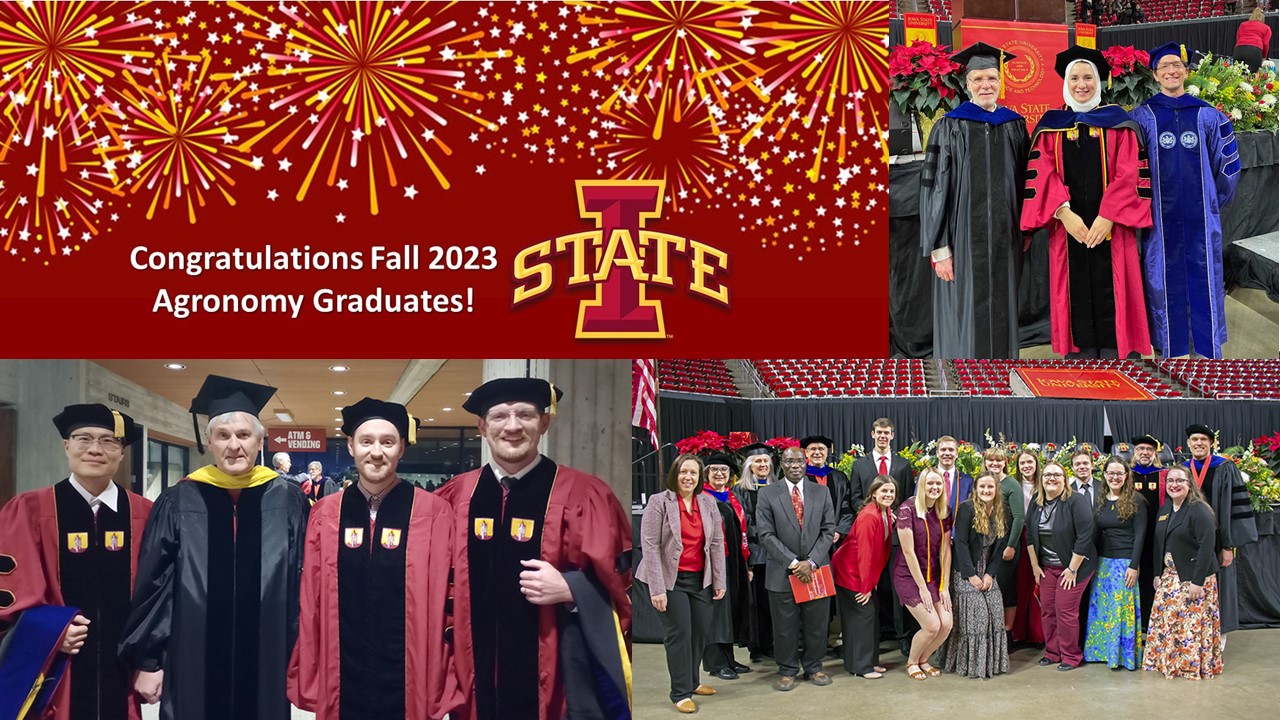
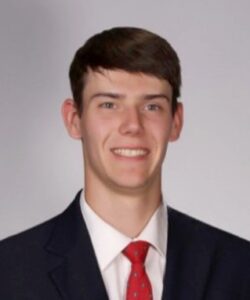
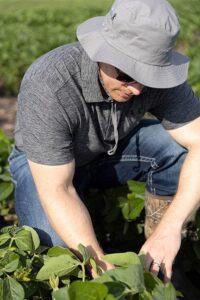 In a journey of resilience and determination, Jordan Hauck, a new father, agronomist, and graduate, discovered a path to success through Iowa State University’s master’s in agronomy program. Hauck is a working adult student juggling the demands of fatherhood and a challenging career in agronomy. His story is a testament to the transformative power of flexible online education that offers the freedom to thrive in both personal and professional realms.
In a journey of resilience and determination, Jordan Hauck, a new father, agronomist, and graduate, discovered a path to success through Iowa State University’s master’s in agronomy program. Hauck is a working adult student juggling the demands of fatherhood and a challenging career in agronomy. His story is a testament to the transformative power of flexible online education that offers the freedom to thrive in both personal and professional realms.